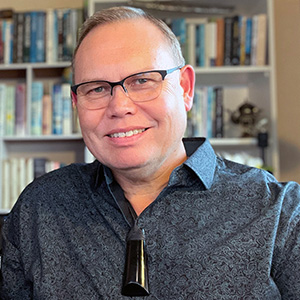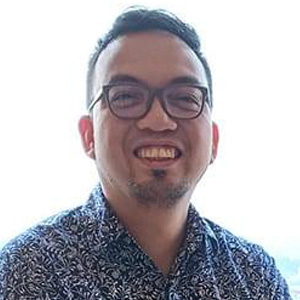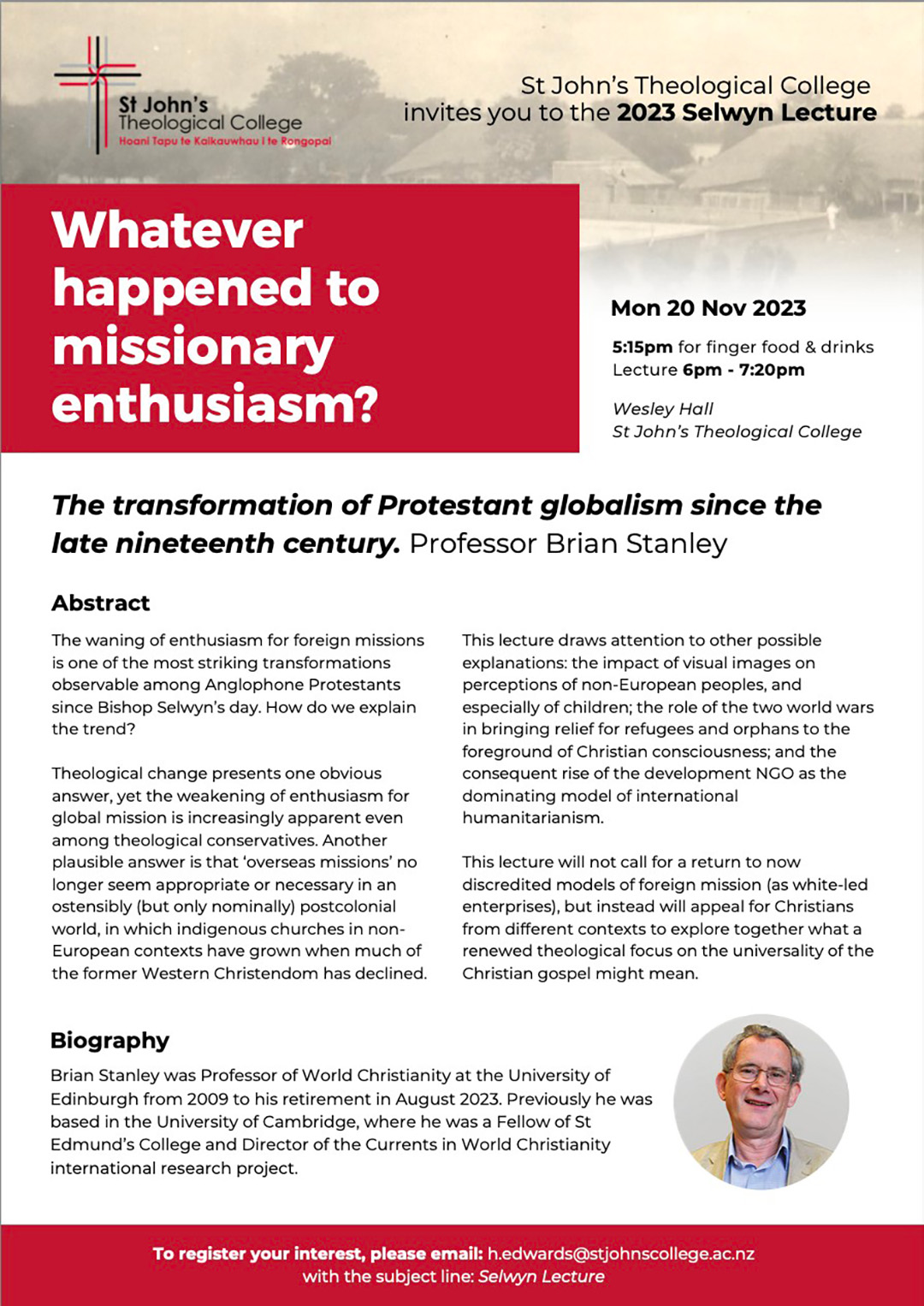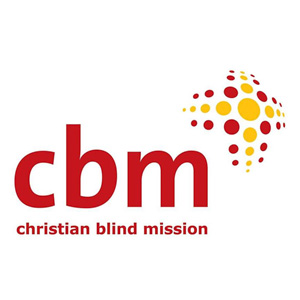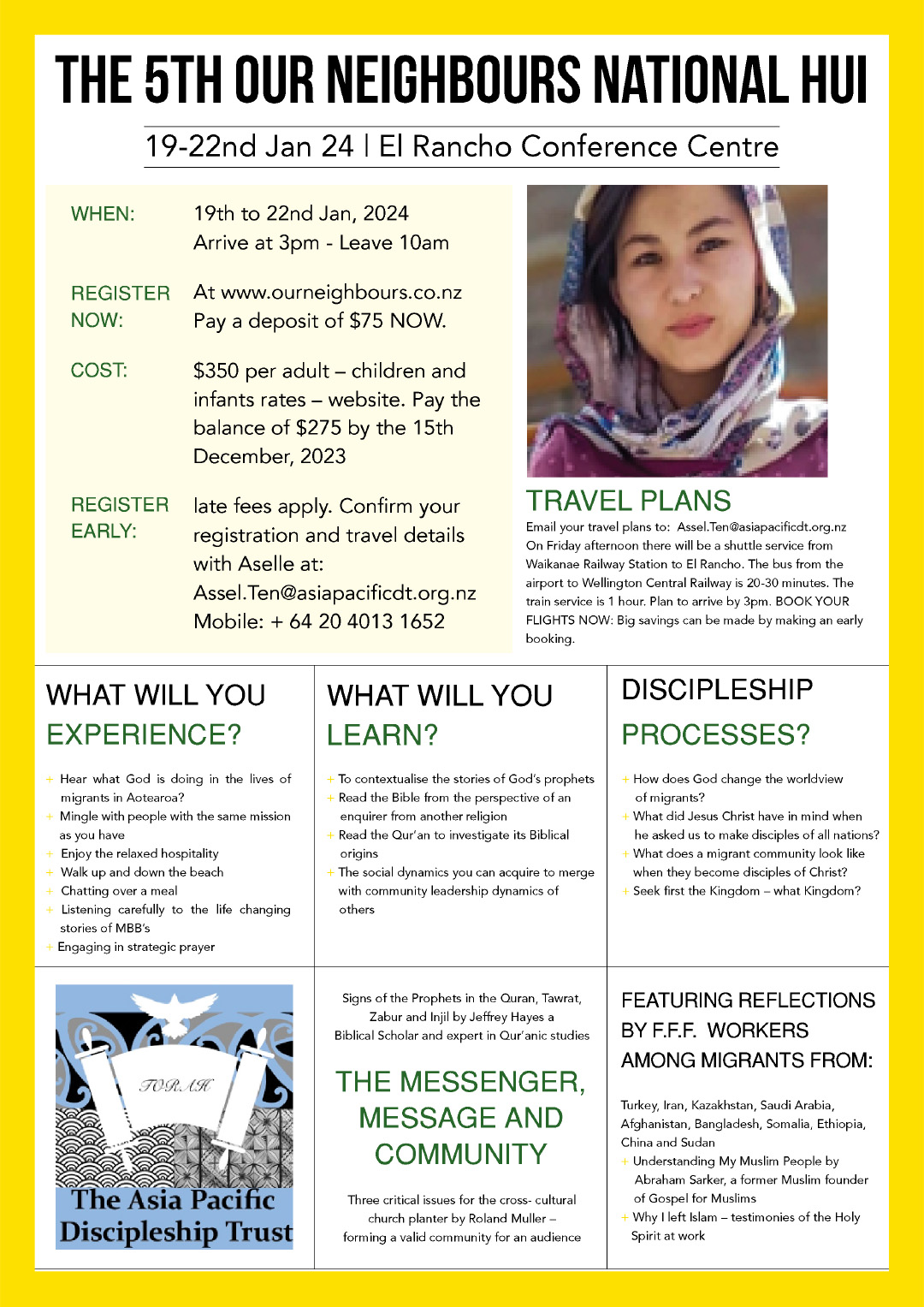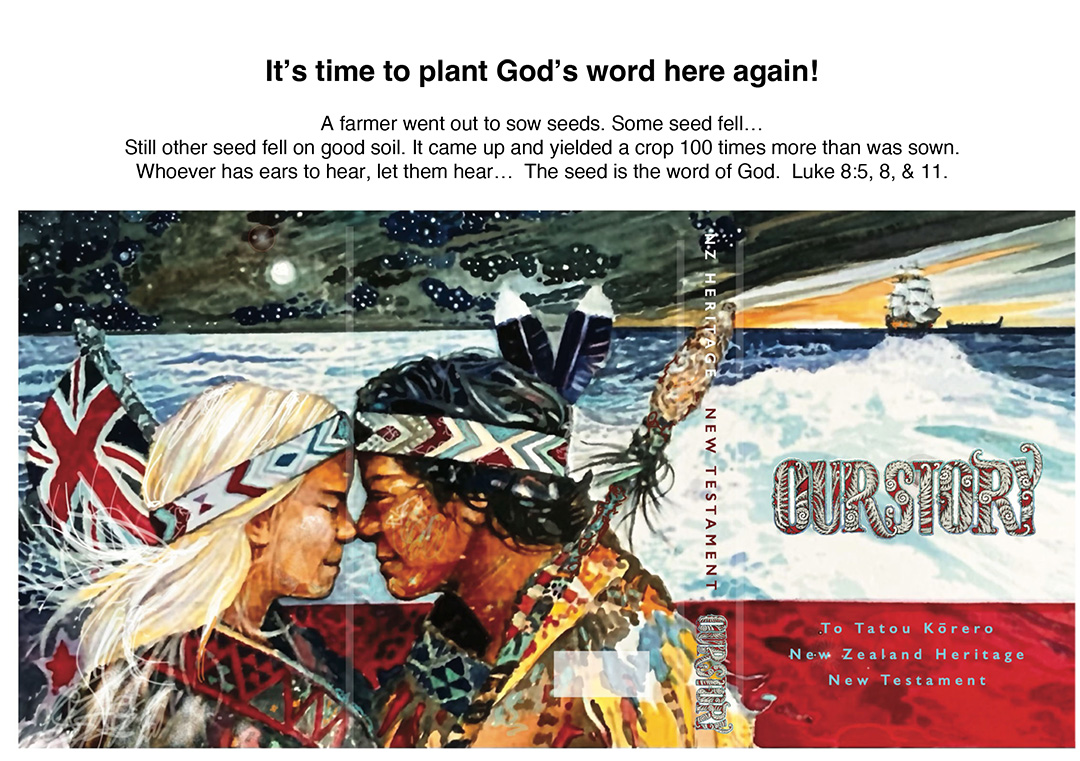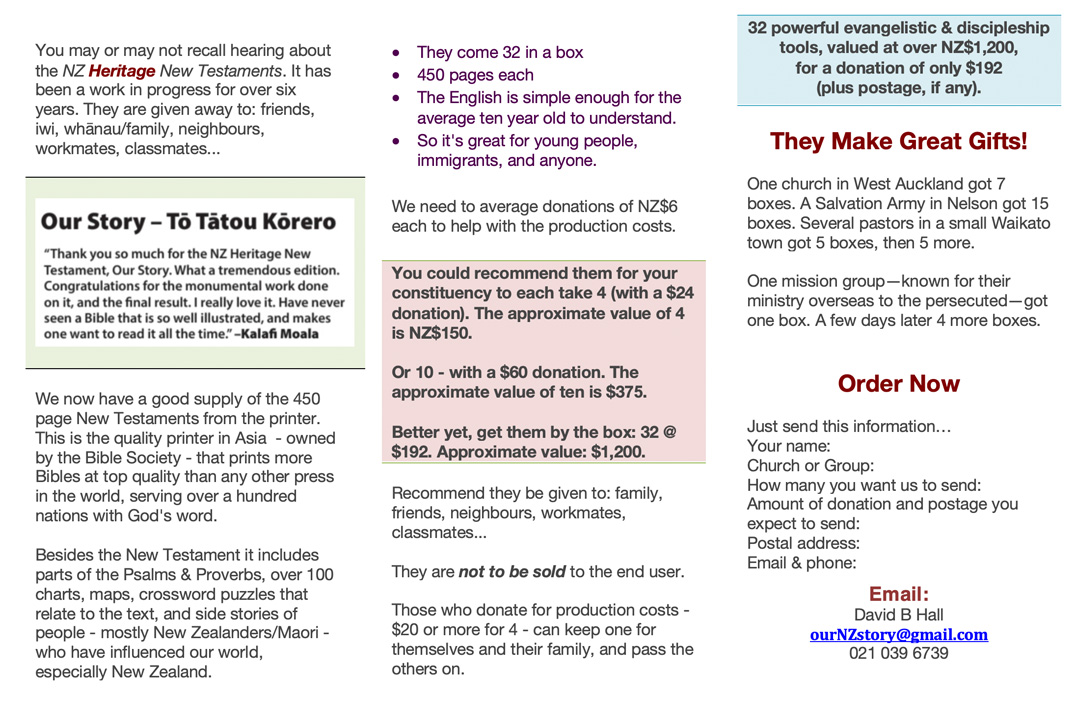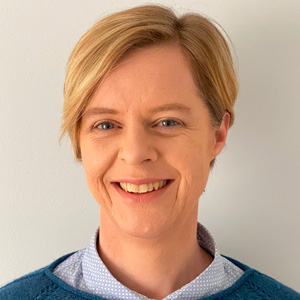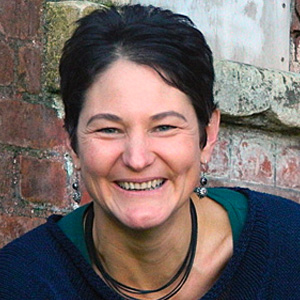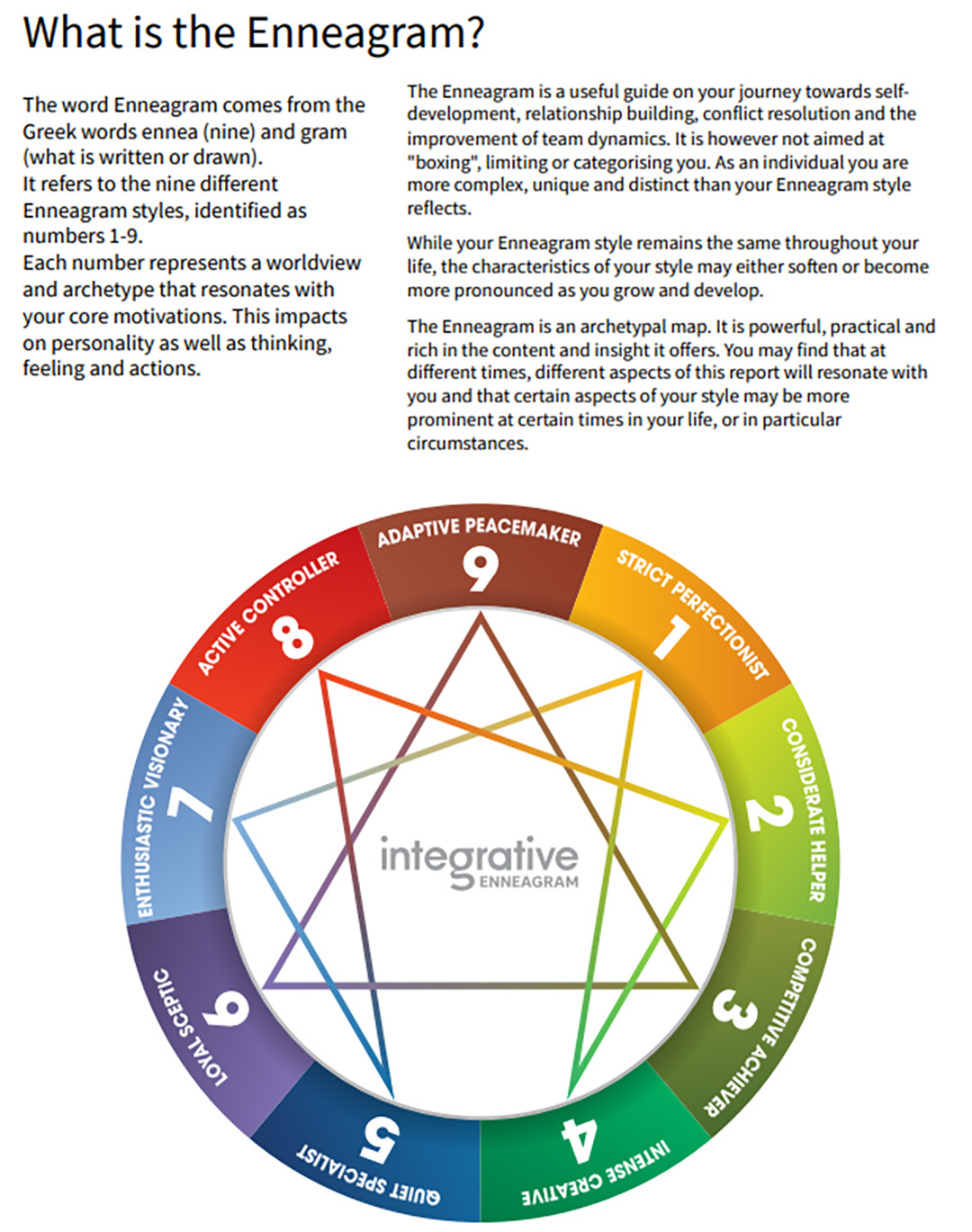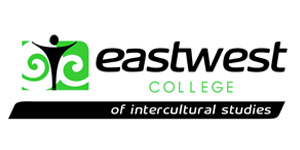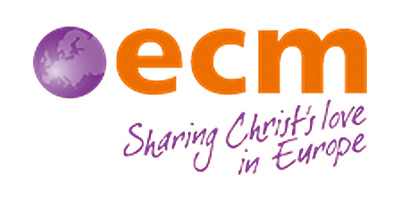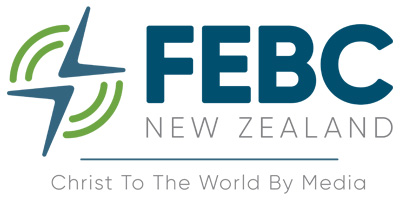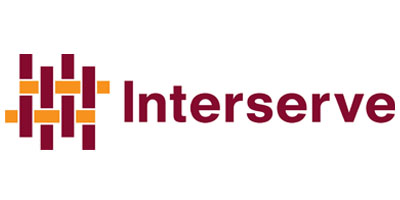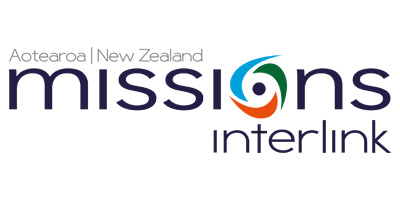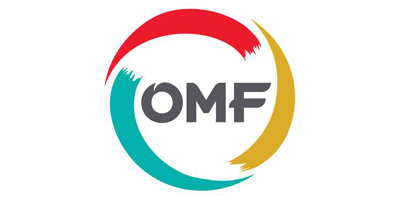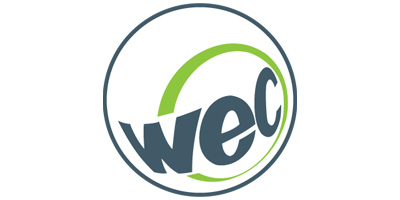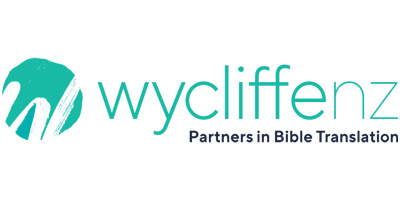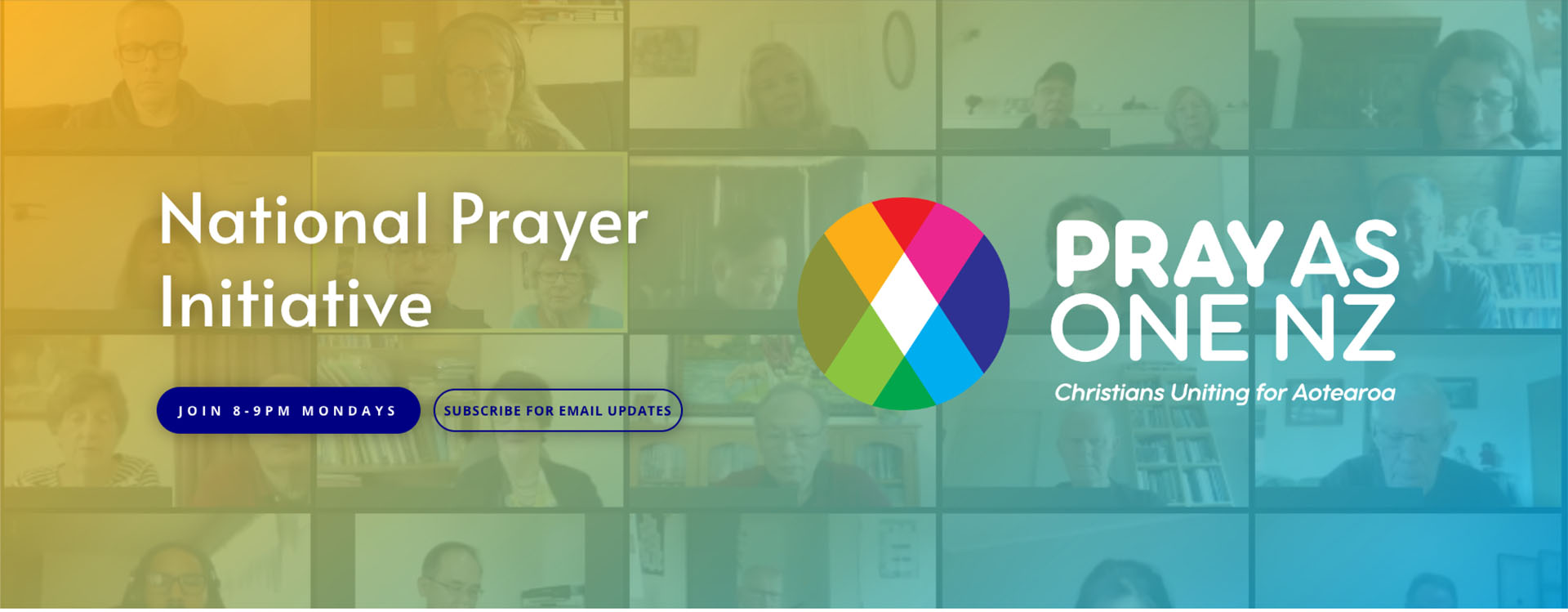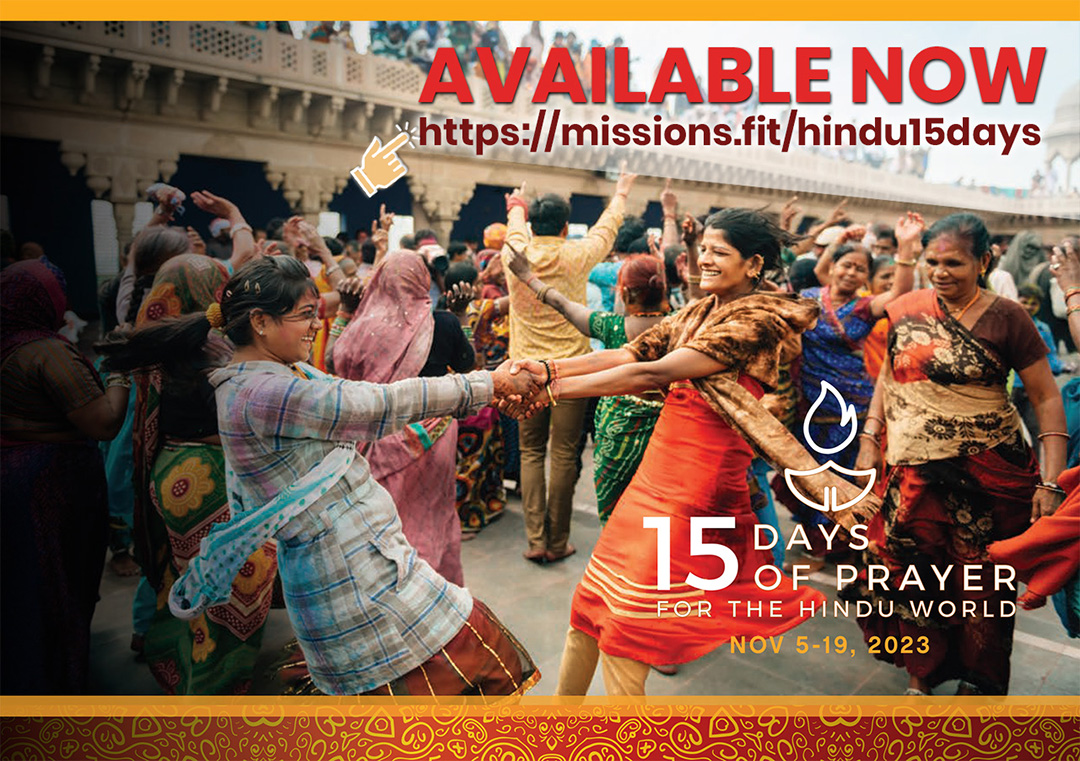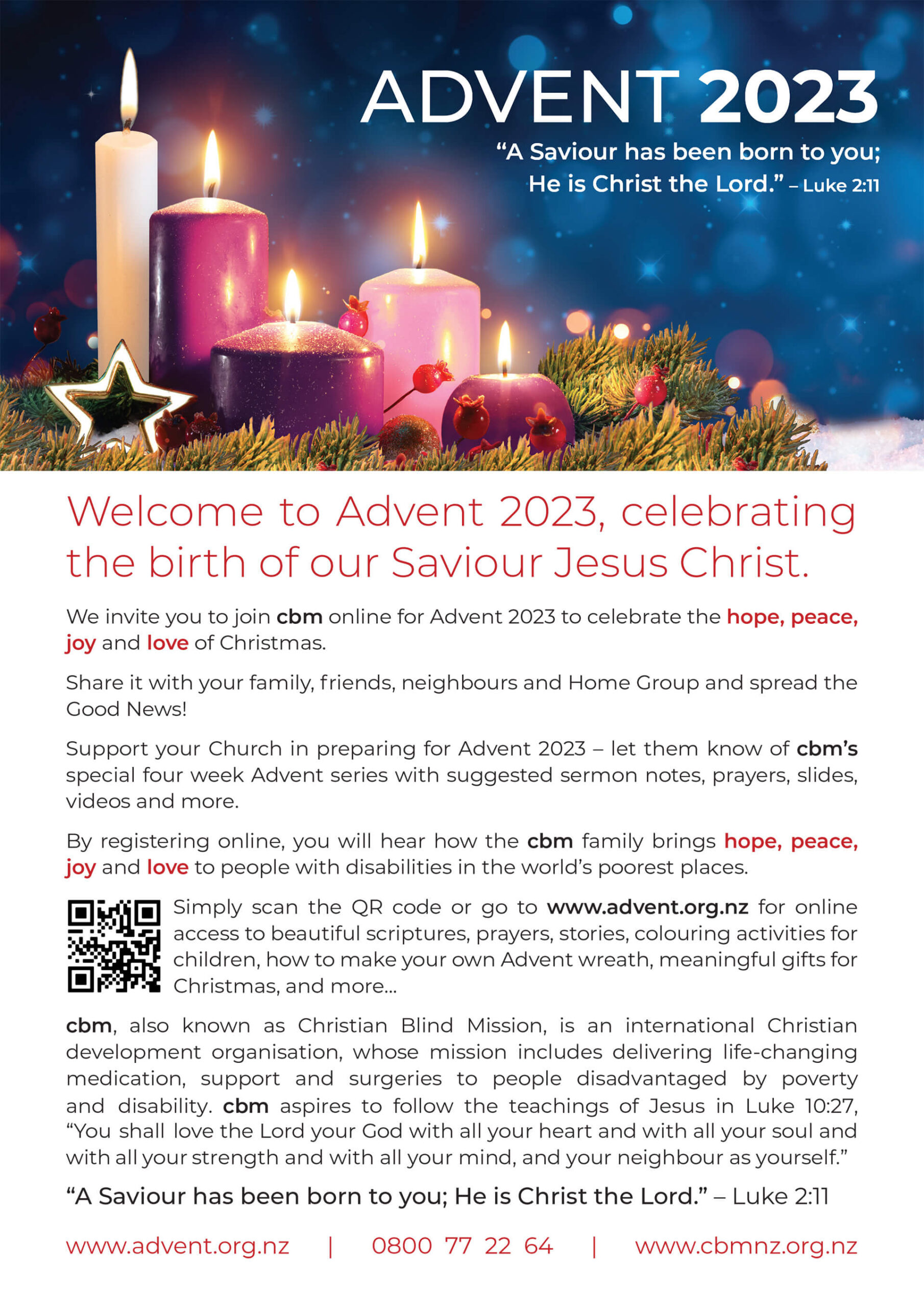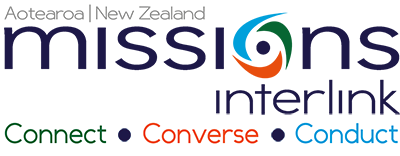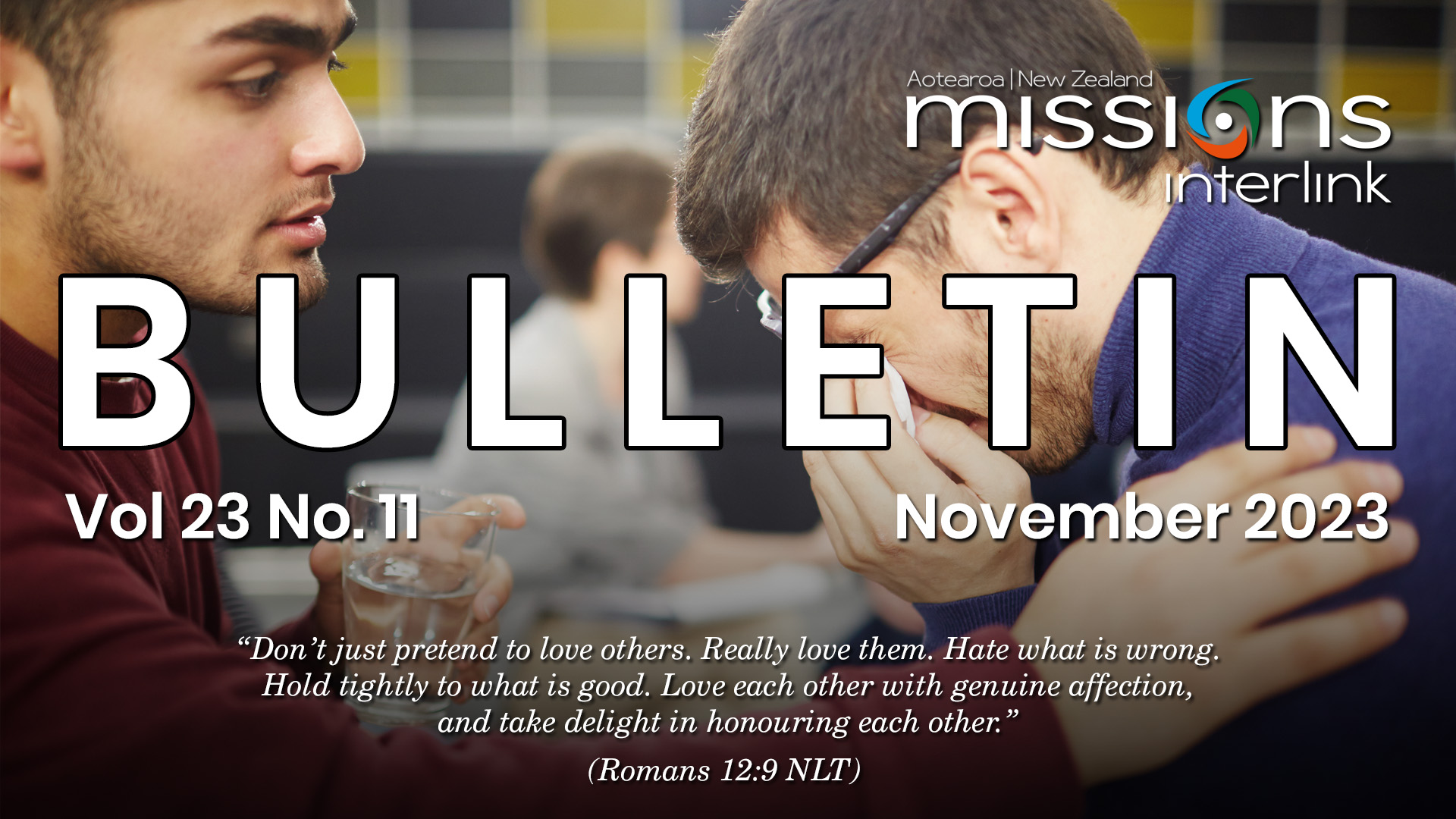
QUICK MENU
EDITORIAL
- Toxic Goodness
EQUIP
- Expanding Missions
GO
- Celebrate Advent
CARE
- Preparing Better
- Free Workshop Offer
PRAY
- Eastwest, ECM FEBC, ISVNZ, MINZ, OMF, WEC, WBT.
SPOTS
- Latest News. Events & Opportunities

EDITORIAL
TOXIC GOODNESS
By Dr Jay Matenga
Jay is the Executive Officer of Missions Interlink, Director of Global Witness for the World Evangelical Alliance, and Executive Director of WEA’s Mission Commission. Jay writes and speaks on missions related subjects globally. His blogs, articles, and other public contributions are made available for free on jaymatenga.com
This month’s whakataukī (proverb) is, “Te aroha, te whakapono, me te rangimarie, tatou tatou e.” [Loving kindness, steadfast faith, and harmonious tranquility (peace) for us all].
Te Aroha is probably the single most popular waiata (song) performed at pōwhiri or mihi whakatau (customary welcome ceremonies), primarily because of its simplicity. Visitors, even those new to te ao Māori (the Māori world), can learn it in minutes. It is so common that it has become cliché, which is a pity because it is beautifully aspirational. Nevertheless, hosts welcoming people in accept it with a generous smile even as they long to hear something a bit more original from a group of visitors, something that more genuinely expresses the visitors’ kaupapa (life philosophy). For visiting believers, a chorus in Māori that expresses our loving unity in Christ would be a wonderful act of witness and well received by Māori hosts.
In a world being ripped apart before our very eyes, we could all use a bit of love, faith, and peace right now—positive aspiration or hope that we can hold on to as we walk through the valley of the shadow of death. When we are drawn away from the place of blessed tranquillity into that dark valley, Psalm 23 promises plenty in the midst of pain, honour when we are unfairly shamed, and blessed belonging instead of cursed exclusion. All platitudes aside, the follower of Jesus simply has to believe that indescribable good lay on the other side of suffering. Our redemption pays dividends at the resurrection (whether that manifests as growing maturity in this life or full renewal in the next).
That suffering can be redemptive sounds utterly perverse in the ears of our mainstream contemporaries. Our secular reality (and too much theology) is so thoroughly drenched in (false) Epicurean hope that it is unfathomable to think that anything bad can ultimately be good, steeped as Epicureanism is in the pursuit of pleasure. We must not fall into the trap that God intends evil so that good might result. That is perverse. God is good. But as Joseph said to the brothers that abused him, “You planned evil against me but God used those same plans for my good” (Genesis 50:20 MSG). God will not be outwitted by a serpent’s cunning. But we are. And we can be our own worst enemy.
I was recently invited to reflect on these things by the New Zealand Christians in Science community as they considered “The Fall in Science and Theology”. It was a delightful conference with a wide array of thinking about the Genesis narrative over against our lived experience. I was not present for the entire event but I think I may have been the only speaker to move beyond the Genesis 3 event and present something of an antidote. In addition to commenting that my rendition of the chorus of Born This Way was probably the first time Lady Gaga had ever been sung at a theology conference, my thank you card generously noted, “Finding a transcendent determination for what is good in Jesus is a hopeful vision for life”. I am glad the core point of my message was received.
The full transcript of my presentation Will To Knowledge: Exploring Sin as the Human Capacity to Judge can be accessed here. My central thesis is that at some point in human history we acquired the capacity to determine what is good and thereafter have been able use our agency to push it upon others. It gave us the capacity to judge. Should someone have a different understanding of what is good for them, which contravenes our understanding of good, then in its extreme we determine that to be evil. Welcome to the world after the fall. It matters little how it happened, the one thing everyone agreed on at the conference was that we experience its effects. I put forth that Sin (with a capital S) influences our capacity to decide and impose our idea of what is good such that it too often results in relationship-destroying behaviour, those things we consider to be lower case sins. This is as applicable for sibling rivalry or marriage dysfunction as it is for civil or international wars. It is all rooted in someone’s idea of good conflicting with someone else’s idea of good. Evil, then, is an extremely aberrant or perverse interpretation of ‘good’. Yet, miraculously, “God works all things together for good with those who love him, who are called according to his purpose” (N T Wright).
In his book Into The Heart of Romans, N T Wright retranslates Romans 8:28 replacing “for” with “with”. It is a crucial missiological switch. According to Wright, Paul is not suggesting here that good is something God does for us in Christ (although we know from elsewhere that God certainly does), but rather that good is something we do with God as we co-create New Creation in step with the Spirit. Bringing all things into alignment with God’s good. All of creation is groaning as if with labour pains waiting for us to step up and manifest New Creation (otherwise known as the Kingdom of God). This is participation in the missio Dei (mission of God). But in order for us to fully function, to see God’s promises fulfilled and grand purposes achieved, we need to wrangle Sin. “Thank God!” Paul says, “The answer is in Jesus Christ our Lord.” (Romans 7:25)
The Bible tells us that we need an external force to help mitigate the Sin-influenced “will to knowledge” capacity that we have. One of the many reasons Jesus died and rose again was so that he could legitimately provide us with that external assistance upon his ascension. This is the significance of the Third Person of the Trinity, the Holy Spirit. It is the Spirit who then restrains our will to knowledge, mitigating Sin. Our life thereafter can then be spent co-creating New Creation with one another, regardless of our backgrounds, as well as with creation itself. Where our concepts of the good life led us into all manner of relationship destroying attitudes and activities, we now follow the Spirit’s leading into God’s goodness, which enhances and strengthens relationships.
Just consider the lists in the epistles of the by-products or “fruit” of the Spirit, which are brought under a single category called love. Take a look sometime at Galatians 5:22, 1 Corinthians 13, or any other list of positive character traits that reflect the character of God. They are all relationship-enhancing attributes. Not one of them has much relevance apart from interpersonal relations. They are all counter-will to knowledge. They are embodied love, and I call activated love “will to mutuality”.
Will to mutuality is the norm of New Creation. It is complete submission to the rule of Christ and experiencing new life activated by Wairua Tapu, the Holy Spirit. It is a mutual yielding of our knowledge of what is good to the collective in-Christ, as members of one body. Contributing the best of what we have to offer as created in the image of God, but not imposing our perspective on others. Instead, having the attitude of Christ, we yield kenotically (cf. Philippians 2:5-11).
Jesus came to break our dependence on will to knowledge, and release our capacity for will to mutuality by the Spirit of God. What began in the garden of Eden, ended in the garden of Gethsemane, when He without Sin, but with much anguish, surrendered His “nevertheless” to God. “Nevertheless, not my will, but yours be done” (Matthew 26:39b). We now carry a responsibility to manifest God’s will in whatever context the Spirit of God leads us into. To co-create New Creation with whomever we find there that follows Jesus, for the benefit of everyone else including our habitats. For God’s purposes of love, faith, and peace will only be achieved Together: On Mission.

EXPANDING MISSIONS
MAKING ROOM FOR CONTEXTUAL EXPRESSIONS
By Rei Lemuel Crizaldo
Rei is the Coordinator of The World Evangelical Alliance’s Theological Commission, Theological Education Network Coordinator for East and South East Asia at Tearfund (UK), and an Author published by OMF Literature. This article is a transcript of Rei’s presentation to the World Evangelical Alliance’s Emerging Leaders Summit in October 2023, Sentul City, Indonesia.
My grand uncle was an evangelist. Like apostle Paul, he didn’t marry so he can devote his time and his life for the sake of the gospel. I remember, when I was a child, he would have two things that he treasured dearly. One is his motorcycle which serves as his ride for visiting people and telling them about Jesus. My grand uncle believed with his whole heart that Jesus alone can change people’s lives for the better. Then he has his notebook, with a long list of names of people he has encountered, shared the good news, and engaged repeatedly so that they will accept Jesus as Lord and Saviour. As a child, it looked to me like the “Book of Life” described in the Apocalypse of John. Every night he would pray for the names, one by one. For those who were ‘born again’ that they will continue to mature in faith, for those who haven’t yet that they will one day surrender their lives to Christ, and for those who have forsaken the faith that they will realize the error of their ways and like the prodigal son return once more to the loving embrace of the Father. For quite a while, this vivid image is what I have of a life fully devoted to the cause of God’s mission.
Then I also have a grandmother. She was not an evangelist like my grand uncle. She was an entrepreneur who raised two kids whom she sent to college as a single mother. While my grand uncle mastered the Bible, my grandmother specialized in business. I remember when I was a child, day by day, my grandmother would hustle her way in the market, trying to crack the secrets of making money. She was convinced that the only way she can help others is by making sure she can help herself and help herself so well that she would have enough to spare and share with other people. But unlike my grand uncle, she did not keep a notebook. She didn’t have a list of names who borrowed money from her. She gave as she was able to whoever was in need. As a child, it looked to me like my grandmother was fashioning her life after the story of the feeding of the five thousand whom Jesus refused to send home with an empty stomach. But it would take me a while to understand that my grandmother’s life is in itself a vivid image of what it means to participate in God’s mission.
I studied theology but it did not really help me to realize that “giving a glass of water” is also an indispensable part of sharing the gospel. You may wonder why. It is not that theology in itself is unhelpful, otherwise I would have stayed away from the Theological Commission of the World Evangelical Alliance. But I realized that it is a certain kind of missions theology that restricted my peripheral vision. John Stott identified it as the ‘Great Reversal’ among the conservative side of Protestants. Ron Sider calls it the ‘uneasy conscience’ of evangelical Christianity. Or more recently, Richard Stearns spoke of the ‘hole in the Gospel’. But what helped me the most to see the real face of the problem is what Carlos René Padilla, an evangelical theologian from Ecuador, described as a mission that is ‘mutilada’ (or ‘mutilated’ in English). A kind of mission that has been so refined that in the process it also loses much of its essential ingredients. Just like refined sugar or bread made from refined flour, it may be tasty but it lacks the things that can make it healthy. Likewise, our understanding of God’s mission can be so mutilated that it hardly resembles the multi-faceted character of Jesus’ ministry. Or it can be so refined that it neglects the one thing that Peter, James, and John reminded the Apostle Paul when he was reconfiguring the shape of missions to the non-Jews, that he should continue to “remember the poor” (cf. Galatians 2:9-10).
As an alternative to ’misión mutilada ’, Padilla spoke of mission that is complete, not missing any component. In Spanish, he calls it ’misión integral’ after a familiar bread among his people, ’pan integral’ or ‘whole wheat bread’ which he himself often bakes at home. For Padilla, this was a necessary message for the specific context and need of Latin America at that time. As campus workers doing student ministry, together with Samuel Escobar and Pedro Arana, they could not possibly dismiss the deep questions of poverty, injustice, and oppression that were probed deeply in the universities of Latin America. They need to give their young people a vision of life that is as compelling if not even more convincing than the promise of armed revolution. What they did in Latin America was mine the Bible for the breadth and depth of what it means to follow Jesus in the most trying condition of their nations. And the Word of God led them to rediscover the revolutionary edge of the gospel, so radical that it exposes how mutilated the Western view of God’s mission had become and how it would be so out of context for them to adopt the missions motivations and models that emerged out of that paradigm.
Today, ‘misión integral’ has been embraced more and more by evangelicals globally. Sometimes translated as integral mission. Sometimes as holistic transformation. And it has been a tragedy.
Yes, a sad tragedy. ‘Misión integral’ could have been an invitation for the other regions of the world to reimagine missions as demanded by the very specific contours of their respective contexts. But what started as a solid example of local or context-rooted way of doing God’s mission has been ‘globalized’ or should I say hijacked into the mold of ‘Western-oriented missiology.’ You see, ‘integrate’ in English can mean so differently from ‘integral’ in Spanish. Integrate can be used in the sense of fusing things that were otherwise taken apart like evangelism and social action or proclamation and demonstration. But integrating two things does not necessarily equate to being whole. You can integrate things together and still be missing something essential. And so the whole debate in the past two decades or so about whether political engagement or creation care should be part of the church’s mission actually missed the bigger picture. The question rather is what else are we missing aside from these two that shall make our grasp of mission even more whole and complete?
Is beautiful poetry participating in God’s mission? How about health-conscious culinary? Or responsible artificial intelligence? For sure there is more to mission than water, gender, and fair trade coffee. But there cannot be mission without all these because the gospel is good news at its best when it confronts the composite dilemma of human existence, social ills, and historical evils. Jesus was good news to the Samaritan woman, to Nicodemus, and the Gerasene demoniac. But he was bad news to the Sanhedrin, to Herod, and eventually to the Roman Empire. So terrible a news that the people who are called by His name were put in jail, fed to the lions, and burned as torches in the Colosseum of Rome. They were caught defying Caesar’s decree by saying that there is another king, the one called Jesus (Acts 17:7). Bishop Stephen Neill argued that “if everything is mission, then nothing is mission.” I think this is an unfortunate case of mixing categories. It is like asking, Is violet delicious? Are roses compassionate? Do elephants short-circuit? For how can mission not be about a lot of different things if God is in the work of reconciling all things back to Godself through the peace accomplished at the cross by our Lord Jesus? (Colossians 1:19-20). And so this means that shalom is coming not only to people but to the whole planet, bees, rivers, and trees included, and all the rest of what Apostle Paul called as “things invisible.”
If that is so, then let us push the envelope further as we might still be missing something important. Bishop Hwa Yung of Malaysia often reminded people that one of the unfortunate impacts of following a Christianity that is molded in the worldview of Western Enlightenment is being blind to the supernatural realm that is very much a part of the world we inhabit. And unless we are able to shake off this deficient worldview, our missions will not gain traction in most parts of the world that is not yet attuned to the reality of the spirit world. To this day, Christianity remains to be a tiny fraction of the population in Asia. I will not forget a trek to the mountains that I had when I was travelling a few months ago in Chiang Rai, Northern Thailand. The driver was telling me how interested he was in many religions. But what he found most fascinating is Christianity. I can still hear him saying, “You see Christianity has been here in Thailand for more than 100 years and yet the number of Christians remains to be less than 1% of the population. There must be something wrong in how you are doing Christianity in this country.”
So, what am I saying here? There is a clear and present danger when we fail to undo the dominant narrative of how to do missions—a hegemonic story that leaves little space for the likes of my grandmother. But Rene Padilla and his Latin American colleagues have provided us with an example of what it means to take a decolonial approach to missions. Likewise, how can we, in our time today, encourage the crafting of multiple stories of missions that are rooted in the specifics of different cultures, languages, and contexts? How can we undo the logic of copy-paste missiology in the new landscape of re/emerging centers of Christianity in the Majority World?
Maybe we can start with gastronomic reimagination… How about khao soi missions in Thailand? Phin coffee missions in Vietnam? Or ’sapin-sapin’ missions, as suggested by Ian de Ocampo, when in the Philippines? The possibilities are endless, and exciting!
BY CHRISTIAN BLIND MISSION NZ
CBM works hard for an inclusive world in which all people with disabilities enjoy their human rights and achieve their full potential and is fighting to end the cycle of poverty and disability.
Here is an opportunity to expand your missions horizons, to include the needs of those who are ‘differently abled’—join cbm NZ (Christian Blind Mission) online from the first week in December for Advent 2023 to celebrate the true meaning of Christmas. Invite others and spread the good news!
cbm has created a hope-filled four week Advent Series—a free online resource for weekly reflections on ‘Advent at home’ and a series of four PowerPoint presentations for churches. Designed to create special moments at home, you and your loved ones can enjoy and deepen your experience of ‘Advent at Home’ or share these thoughtful online activities with your Home Group. The free online four week Advent series will be sent to you weekly. You can share this online Advent series with family members, friends, or neighbours, some of whom may not attend church.
By registering online, at advent.org.nz, you will have access to a personalised webpage, where you’ll find suggested scriptures for prayer and reflection during the week, cbm stories of lives transformed, crafts, colouring-in activities for younger children, meaningful gift ideas for Christmas and more.
One of the stories of hope cbm will share is of Sabina, a courageous, and determined 9-year-old girl, who lives with her mother Devi and grandmother Mangali in Nepal. They are from Nepal’s lowest caste. Sabina’s father died from typhoid when she was just a baby. Devi works hard, but her wages hardly feed them. Sabina loves school, but now cannot see. Cataracts have blinded her eyes. Unable to go to school, her future has faded as badly as her vision. But there is hope for Sabina. Join cbm’s advent series to hear more.
During this season, stories like Sabina’s and videos about cbm’s mission to bring hope, peace, joy, and love to people with disabilities in the world’s poorest places, will warm your heart. It will give you hope in difficult times, and fill your house with peace. The peace of God, which you will need in these times when you anxiously listen to the rumble of war in so many parts of the world, will transcend all understanding, and guard your heart and your mind in Christ Jesus (Philippians 4:7).
As part of cbm’s Advent series, there is a guide on how to make your own Advent wreath and Advent colouring-in templates to bring joy to the creative among your family. And opportunities to give meaningful gifts over Christmas and show your love.
You will also hear the lovely story of Huki, a very kind man from a little village in the Goroka region of the Highlands of Papua New Guinea. He was a hardworking, productive part of his community—a tree cutter, fence builder, latrine digger, drain layer, ground clearer, weed puller, and food grower. When a fatherless boy needed a dad, Huki stepped up and adopted little Kimmo, who grew up and married in the village. As Huki’s cataracts grew and thickened, he could no longer work. Finally, when he was completely blind, Huki could not fend for himself at all. A popular man, he had plenty of visitors for a while. They would guide him around his home and bring him food, but being completely dependent was hard for Huki. “They would place food in the palm of my hand. I would be hungry until someone gave me more food.”
Kimmo and his wife looked after Huki through his years of blindness. Without them, Huki may not have survived. Feeling so powerless, Huki became very depressed. “I didn’t want to have to ask others for help. I lost energy. I would lie in bed and stay at home.” Huki’s story will bring tears to your eyes. But don’t despair. His story also has a happy ending. In cbm’s Advent series, you can celebrate God’s love for Huki. And for you, your family, and your neighbours. Today and tomorrow and the days beyond that.
In the four weeks leading up to Christmas, a number of Churches use cbm’s Advent resources. For each of the four weeks, cbm will provide a weekly sermon outline focusing on the themes of hope, peace, joy, and love. Included will be scriptures, suggested sermon notes, prayers, cbm transformational stories (with cbm short videos), each connected to the week’s Advent theme.
If you feel led by the Holy Spirit, why not tell your church leaders about this hope-filled series. Encourage them to join with cbm and other churches in Aotearoa in celebrating Advent this year.
Comments from previous participants included:
“…weekly powerpoint slides were a blessing for busy clergy.”
“…beautifully crafted, reflective and meaningful.”
“…videos were a real winner and not too long.”
“…stories and videos were powerful and prompted a response.”
If you would like to view the Week One Advent presentation to see how it will support your ministry (including the short video), please email Elizabeth before 28 November at elizabeth@cbmnz.org.nz. Or call 0800 77 22 64 to talk to the cbm team.
BY DR KATHERINE THOMPSON
Dr Katherine Thompson is a Senior Lecturer in Youth Mental Health and Wellbeing at Melbourne School of Theology & Eastern College. She has worked in youth mental health for over 20+ years as a researcher, academic and therapist. In her time at MST/Eastern she teaches the integration of mental health, wellbeing and Christian faith, and has a research interest in the area of cross-cultural mission. This article was first published by the Global Member Care Network in February 2023.
If we look at Jesus’ example, he called his disciples, and spent an intensive time teaching them and focussing on their spiritual formation (Luke 5). He then sent them out on a short-term mission trip to the local area to “proclaim the kingdom of God and to heal the sick” (Luke 9:1-9). They regrouped and went away together to reflect on their experience (Luke 9:10). Then later he sent out a larger group two by two (Luke 10). They came back, he continued teaching. After his resurrection, Jesus again spoke about the kingdom of God (Acts 1:3), and commissioned them saying, “But you will receive power when the Holy Spirit comes on you; and you will be my witnesses in Jerusalem, … and to the ends of the earth” (Acts 1:7). This was a long and intensive process. There is a pattern in it of preparation (teaching and spiritual formation), testing (going out to serve), and review (reflecting on the experience). The question I want to raise is how can we learn from this example so we prepare people well?
Psychological assessments are one helpful tool used in member care to reduce attrition and prevent unnecessary harm to cross-cultural workers. But our knowledge and skill level about how to do them well and how to use them in preparing people for service has stalled over the past 20 years. [1] We can do better.
Imagine if we integrated the psychological assessor into the process of selection as part of the discernment of call to mission. What if their report could be used as a practical tool to highlight areas where people need more teaching and spiritual formation before they are sent to the field? They could use the psychological assessment as a basis for developing a ministry plan that encouraged them to grow and develop during their period of service. This could be actively followed up by their organisation, and reviewed when they return from the field. It would be Jesus’ pattern of prepare, test and review.
If you are reading this thinking, yes but we already do psychological assessments, and you are not telling me anything new. Think again. Our recent research has shown we need to improve how we assess people and use their reports. [2] I want to stretch your thinking about this area of member care. Make your psychological assessments count. Integrate them into the whole member care process:
Prepare – include key wellbeing questionnaires in your psychological assessments, use the recommendations from these reports to form a personal development plan and set ministry goals, address areas where the person needs more training, mentoring or counselling, or where your organisation needs to offer supports.
Test – ask your workers to complete the same wellbeing questionnaires annually to track how they are going in their work, review their personal development plan and ministry goals, reflect on their experience.
Review – do the wellbeing questionnaires again, debrief and reflect, and review their personal development plan and ministry goals and how they might move forward into the new phase of their life and ministry.
Want to know more about how to improve the use of psychological assessments in cross-cultural mission? Look out for our resources from the Australasian Mission Assessment Project. We have some open access journal publications you can read from phase one of our project. We will be starting phase two soon. Watch this space!
ENDNOTES:
Both references are free PDF Articles to download, made available by Dr. Thompson.
[1] Thompson, K, Kimber, T, Williams, D, Matthews, D, Grossmann, M, Brautigam, M. (2022). A scoping review of psychological assessment in mission and ministry candidates. Journal of Psychology and Theology, 1-13. DOI: 10.1177/00916471221122074.
https://globalmembercare.org/pdfs/ScopingReview2022.pdf
[2] Thompson, K, Williams, D, Kimber, T, Matthews, D, Grossmann, M, Brautigam, M. (2023). Psychological assessment of cross-cultural mission candidates in Australasia. Journal of Psychology and Theology, 1-16. DOI: 10.1177/00916471221143453.
https://globalmembercare.org/pdfs/PsychAssessMissions2023.pdf
BY RUTH OSBORNE
Ruth is an organisational development consultant and professional coach. She has extensive generalist leadership experience in for-purpose, social-good, and not for profit organisations, and to this she adds several specialties working with people, processes and change. She holds several qualifications in relevant specialties including organisational development, not for profit leadership, mentoring, psychology-based coaching, and enneagram coaching. You can find out more about Ruth on her website: https://www.artisanal.org.nz.
Even if you’re familiar with the Enneagram, and know your ‘Type’, the iEQ9 approach and 42 page Personalised Professional Report take self awareness and learning to the next level. This free workshop is also an introduction to the iEQ9 approach.
ENNEAGRAM ORIGINS
The Enneagram is a framework for a person to understand the (mostly unconscious) strategies they use for navigating through life, and getting the best from these and reducing the ineffective. So whilst it ‘types’ you, it does not restrict you—rather it shows you some of the limiting boxes you find yourself in, and helps you to get out of these to be your more authentic self. Unlike other development tools, it measures the motivations which give rise to behaviours, not just how you behave. Please see the description below.
The Enneagram itself is not owned by anyone, and is based on ancient spiritual wisdom (observed in all three monotheistic religions), and then corroborated with science, research, and data. For a straightforward and easy to read introduction to it, a helpful book is The Road Back to You, by Ian Morgan Cron.
THE iEQ9 APPROACH
The iEQ9 Enneagram tool designed by global company Integrative 9 is tremendously comprehensive, and is based on extensive research and psychology. The questionnaire is dynamically adaptive and intelligent, and can only be done online, giving a +95% accuracy.
I’ve worked with my own development using several approaches to the Enneagram, and personally find the scientific rigor that the iEQ9 approach brings to be tremendously helpful toward my own ‘stretch’, personally, professionally, spiritually, and as a leader.
Because of the science and rigor behind it, it is also an excellent version of the Enneagram to use in professional contexts.
FREE WORKSHOP OFFER
In the free introductory workshop we will explore:
- What the Enneagram is.
- What it measures—motivations not behaviours.
- How it differs from a couple of other professional development tools.
- The iEQ9 test and approach to Enneagram coaching.
- Fundamental Enneagram constructs.
- The 9 Types in brief.
- Enneagram coaching for individuals.
- Professional team development with the Enneagram.
This introductory session will be held via Zoom, Friday 1 December; 1 – 4pm [NZ time]
Please RSVP by 28 November to Ruth Osborne at: ruth@artisanal.org.nz to receive the Zoom link.

PRAYERLINKS
PRAYER FUEL FOR MISSIONS
Join with Eastwest in prayer for new students for the college for 2024. They are praying for more applications to come through over the summer months, to aid them in preparing for Semester 1, 2024. As well as this, pray for more staff volunteers as they are a critical part of college. There are a number of positions needing to be filled in 2024, particularly in the areas of kitchen, garden, and maintenance help. For more information visit: https://eastwest.ac.nz/serve/.
Please pray for two families currently involved in partnership development and raising prayer and financial support to go to Romania and Austria next year. Pray that their support will come in time for them to leave as planned. We are grateful for the new contacts and enquirers that God brings to us—please pray for wisdom as we seek to join in helping them discern God’s call and leading in their lives.
J&K relocated to the Middle East in September. They are now living across the border from a major conflict zone. Pray for this young Kiwi family as they find their footing in their new context, educate their children (the International School has now closed), and seek to be a blessing in their new host country. Thank God for the good relationships they have made since arriving and pray that they will hear God’s voice and see his leading in the restrictive and unstable environment. Pray too for the many people who are working for peace and reconciliation amidst the anger and hurt that has erupted. Pray for the authorities that they will have divine wisdom to lead through the chaos into a place of shalom.
Praise God that Jay contributed well and stayed well during the October phase of his “international conference season“. He is now in South Korea (2-12 November) sharing indigenous perspectives on creation care and then transitions to Malaysia (12-18 November) to join Interserve’s International Council. Pray for continued good health while travelling. Pray too for the MI Council as they conduct their last meeting for the year as well as hosting the MI AGM on Thursday 23 November, with special guest speaker Phil Guyan, Christian Broadcasting Association CEO for the past 30 years speaking on Contemporary Culture, Media & Missions. See Spotlights for RSVP details.
A number of the OMF NZ team are travelling this month, both nationally and internationally. Pray for travel arrangements and connections to work well, and for good interactions with the various people they will be meeting. Pray too for one team member transitioning to a new, international leadership role.
Please pray for WEC’s mobilising team as they prepare for the five day ‘Crossing the Barrier’ camp, 3-8 December 2023. This is for people in early stages of seeking God about their calling into Mission. The campers discuss topics such as why God calls people into mission, how to prepare for service, barriers to service, as well as personal development and seeking God’s guidance. Ask that God will enable the team as they plan and run this camp. Pray that young people will hear about the camp and be available and able to join.
Praise God for a successful workshop where various chapters of the Bible were translated and checked in six languages in Papua. Please continue to pray for our members who are working in sensitive situations that translation will continue and the work would be protected so that people can be transformed by God’s Word spoken in the language they know best.

SPOTLIGHTS
LATEST NOTICES & EVENTS
AUCKLAND PRAYER BREAKFAST
If you haven’t got your tickets yet, get them now! The Auckland Prayer Breakfast gathers church, NGO, missions, business, and other Christian leaders from across the city every year. It’s a great opportunity to bring together your small groups too. Reserve your space to enjoy a morning of connection, worship, and praying for Tāmaki Makaurau.
Date: Thursday 9 November, 2023
Location: Eden Park
Doors open at 6:30am, mihi at 6:55am
Breakfast will be served at 8:20am
Cost: $50 (discounts for group bookings)
CLICK HERE to purchase tickets.
MISSIONS WANING?
Former University of Edinburgh professor Brian Stanley claims that the waning enthusiasm for foreign missions is one of the most striking transformations observable among Anglophone Protestants since Bishop Selwyn’s day and he is available to address that for us. St John’s College is providing him with that opportunity and it will not be one to miss!
Date: Monday 20 November, 2023
Location:
Wesley Hall, St John’s College
202/210 Saint Johns Road, Auckland
Cost: Free
RSVP to: h.edwards@stjohnscollege.ac.nz
MISSIONS INTERLINK AGM
After a number of years of unavoidable online AGM’s, Missions Interlink is planning an in-person AGM for 2023. This is open to all interested parties, although there will be an aspect of the meeting where only Missions Interlink members will be eligible to vote in the new Council for 2024.
GUEST SPEAKER: Phil Guyan, Christian Broadcasting Association CEO.
Date: 10am-12:30pm, Thursday 23 November 2023.
Location:
World Vision (large meeting room)
51 Hugo Johnston Drive
Penrose, AUCKLAND
Cost: Free
We are providing morning tea so it is essential to RSVP for catering purposes. Please RSVP by 20 November to: info@missions.org.nz.
SERVE WITH EASTWEST
Eastwest College of Intercultural Studies is a faith-based ministry dedicated to serve the Lord in missions by training and equipping learners for Christian ministry and missions service cross-culturally. Do you or someone you know feel called to be involved in a support ministry for missions? Eastwest currently has an urgent need for volunteers. For more info about serving with Eastwest visit the opportunities website: https://eastwest.ac.nz/serve/.
2024 NZ TCK CAMP
The ever popular Kiwi TCK Camp will be held on Eastwest College’s campus once again next summer! Online registration for the camp will open sometime this month.
Dates: 16-20 Jan, 2024.
Location:
Eastwest College
21 College Drive, RD 1
Taupiri 3791
For more information contact Joyce Campbell at: martin.joyce.campbell@gmail.com
NZ HERITAGE NEW TESTAMENT
Former Missions Interlink NZ Director, David Hall has laboured long to create a unique New Testament featuring stories and commentary about the development of Christianity in Aotearoa New Zealand. He has been getting many positive responses from those who have purchased and are distributing the 450 page editions for free.
An initial 5,000 copies have almost sold out but more stock is expected before Christmas. The books are available at cost, for $6 each (plus shipping) for a box of 32 or part thereof.
They can be purchased by request from David by email: ourNZstory@gmail.com.
MEMBER CARE DISCUSSIONS
Missions Interlink Australia have launched a new quarterly member care professional development ministry: Member Care Discussions. This ministry will focus on interactive peer group discussions, specifically centered around member care case studies. At the next meeting, you’ll have a chance to connect with one another before diving into a case study discussion led by Roslyn Nicolle (Wycliffe Aus.). In the future, we’ll continue to provide opportunities for different participants to bring their own case studies and lead the interactive discussions. This ministry is open to all who are working in the field of member care. We’re confident that it will be a valuable and enriching experience for everyone involved. Please feel free to share this opportunity with your peers and colleagues!
SAVE THE DATE: Thursday 22 February 2024
4:30 pm – 6:00 pm NZ Time
On ZOOM
Meeting ID: 934 6302 7642
Passcode: 964000
For more information and to be added to the notifications list contact Christine Bird: Cdbird1@gmail.com.
SOUTH PACIFIC MEMBER CARE NETWORK 2024 CONFERENCE
The SPMC Network conference provides an opportunity for professional development and networking with others, sharing your passion to care for those working in cross cultural situations. The speaker is Tony Horsfall from the UK. Tony has been involved in local church leadership for over 30 years. He regularly travels to Singapore and Malaysia to share the message of grace and intimacy with missionaries and church leaders.
Location:
Pallotti college
80 McNamaras Rd
Westburn, VIC 3799
AUSTRALIA
Dates:
From: 29 April 2024 from 2pm
To: 3 May 2024 after lunch.
For more information including pricing click here to visit the MI Australia event page. Earlybird rates expire 30 November 2023.
GLOBAL MEMBER CARE NETWORK 2024 CONFERENCE
The Global Member Care Network is working on their vision to bring the Global Member Care world together again for their 4th Global Member Care Conference, this time in Africa. The significance of this location is to serve African mission movements, while learning from their unique strength in missions and member care. Past experiences have shown that surprising connections and transformative insights happen individually, organizationally, and nationally when member care practitioners gather from various national missions movements all over the world.
Location: Nairobi, Kenya
Dates: 28 Oct – 1 Nov 2024
For more information visit: https://globalmembercare.com/conference-2024/
(SAVE THE DATES)
ABOUT US
Executive Officer Jay Mātenga
Administrator Pauline Wood
Executive Team
Joseph Bateson (Chair), Glenn Carter (Vice Chair), Jon Horne (Treasurer), Russell Thorp (Secretary), and Andrew Marriott.
MI Council
Arotahi (formerly NZBMS), Asian Outreach, Beacon Partnerships (formerly LeaDev-Langham), Church Mobilization Trust, Eastwest College, European Christian Mission, GC3, International Teams, Interserve, Laidlaw College, MAF, MotiVate, NZCMS, OMF, Pioneers, SIM, WEC, World Vision, with individual member: Jon Horne.
Our Purpose
We facilitate collaboration towards participation in mission from and within Aotearoa New Zealand. We nurture the missions community in Aotearoa New Zealand to connect, converse, and conduct mission with the aim of working together: on mission.
Connecting the missions community
from and within Aotearoa NZ
for God’s glory everywhere, always.
MI SERVICES include (but are not limited to):
MI BULLETIN MI Online Member Directory
MI ManaakiApp (for retail discounts & coupons)
MI Research and Resources
MI Conferences, Clusters & Collaborations:
Admin, Mission Leaders, Church Mission, Diaspora,
Member Care, Mission Training, Mobilisation, & more.
HOW TO CONTACT US
PO Box 64 379
Botany 2163
Auckland, New Zealand
+64 9 320 4408
CLICK HERE to drop us a note.
ADVERTISING
The MI BULLETIN is distributed by email every month to around 1000 missions interested people.
Commercial Rates & Sponsorship
Only charity rates are listed here. Commercial ad rates and sponsor benefits are set by negotiation.
Spotlight Notices
Text only (up to 50 words with one web link).
MI members — FREE
Non members — $40 per spotlight
BULLETIN Full Colour Ad Space
Artwork must be supplied (.jpg or .pdf, 300dpi)
Deadline: Last Friday of the month before issue.
COST: MI MEMBERS
First Month
A4 Portrait—$150
A5 Landscape—$110
Successive Months
A4 Portrait—$100
A5 Landscape—$80
Non-members, double the member rate.






